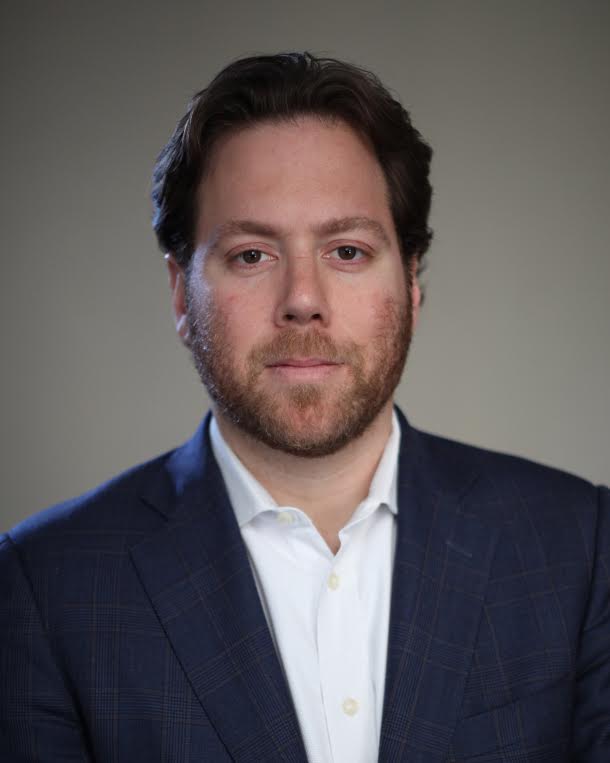New York-based Frontier Healthcare, an ambulatory surgery center management company, is striving to bring low-income residents quality services through their surgery centers and to demonstrate how ASCs operating in underserved areas can be profitable in time. Forty percent of the caseload at Frontier-managed ASCs is Medicaid or managed Medicaid, significantly higher than other ASCs throughout the United States.
 Frontier has developed two ASCs serving low-income residents in Queens and recently opened another center in the Bronx. The management company also developed an ASC accessed by low-income residents in Newark, N.J.
Frontier has developed two ASCs serving low-income residents in Queens and recently opened another center in the Bronx. The management company also developed an ASC accessed by low-income residents in Newark, N.J.
"We looked at these centers as another opportunity to further elevate the quality of medicine for low-income residents," says Roy Bejarano, president of Frontier Healthcare.
Developing ASCs in underserved areas comes with its own unique set of challenges, including reimbursement delays. Mr. Bejarano explains some centers can wait between 12 months and 18 months for an Ambulatory Patient Groups code. If planners do not employ the right strategy, the limited and often delayed reimbursement received by the surgery center poses challenges in offsetting the costs of launching the surgery center.
"When an ASC first opens, the center may have to pursue a certain percentage of commercial procedures to generate cash flow," he adds. "Physicians have to also rely on their partners and staff to withstand two years of existential financial pressure. When you look at healthcare entities serving a high population of Medicaid patients, it takes a long time to start seeing those revenues after they open."
Surgery centers in low-income areas also encounter high rates of patient cancellations.
"Hourly patient flow is relatively more unpredictable. The moment you expect high volume is often when there is low volume," Mr. Bejarano explains. "It is difficult to manage resources accordingly and this is all under the paradigm of low reimbursement."
Mr. Bejarano advises centers to create larger waiter rooms, more flexible staffing resources and place an even greater emphasis on pre-procedure patient communications.
Frontier recruits physicians within the area dedicated to serving these patients. Such physicians should have the financial capabilities to work at centers where revenue may go through spurts, as well as have a wide patient portfolio. The center's physicians and staff members are members of the community and therefore understand what it may take to turn a profit in such areas. ASC owners should focus efforts on managing expenses, working with enough physician partners to ensure the center is always busy and creating the right environment for higher-volume centers.
Developing a surgery center in an underserved area is no easy feat. However, it can be extremely beneficial to the community and may turn a substantial profit if physicians employ a well-thought-out strategy and hire the right staff members.
"Some of our most successful centers have been in under-served communities," says Mr. Bejarano, “At this point, we remain excited by the prospect of continuing to help future physicians in these communities introduce modern healthcare related infrastructure and services, particularly during a period of time when local hospitals are justifiably rationalizing their costly footprints."
More articles on surgery centers:
AmSurg short interest rallies 22.17% — 4 quick facts
West Shore Pain and Spine Institute to open in late 2016: 4 takeaways
Coordinated Health builds $15M ASC, medical campus: 4 things to know

